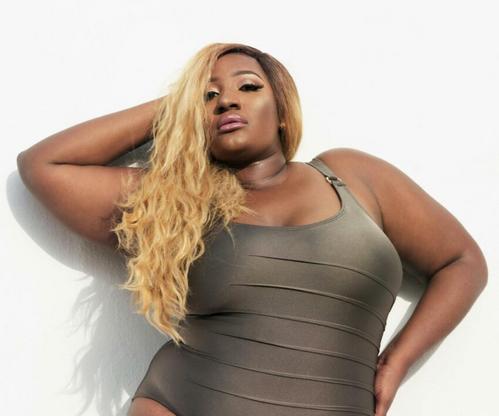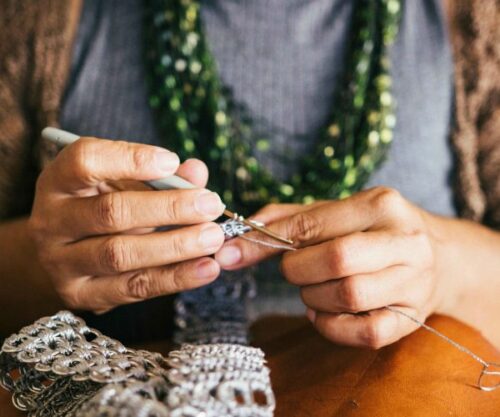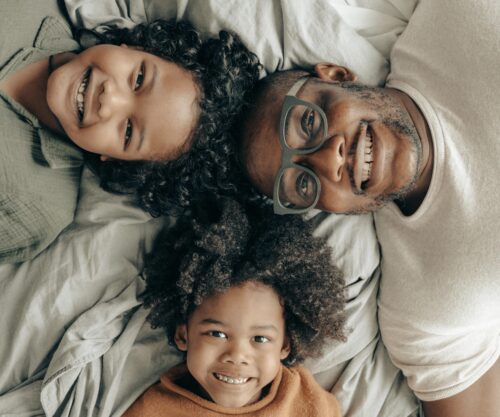
We talk to ourselves more than we talk to anyone else. There is power in that inner dialogue, the silent commentary that goes through your head when you see your reflection or get dressed in the morning, more than we frequently realise.
To have a positive body image is about establishing a respectful, kind, and caring relationship with your body, especially during the times when that feels difficult.
When no one is around to hear, it all begins with the words you use.
According to Medical News Today, “Body image refers to how an individual sees their body and their feelings with this perception. Positive body image relates to body satisfaction, while negative body image relates to dissatisfaction.”
Spending time with body-positive people, engaging in positive self-talk, dressing comfortably, appreciating the body’s capabilities, and critically analysing media messages are all ways to encourage body positivity. Make a list of ten things that you are proud of, view yourself as a complete person, and do things that make you feel good about yourself, the above health publication also adds.
The Mental Health Foundation states that it may be helpful to be mindful of how we speak about our bodies in casual conversations with friends and family. Consistently speaking about our bodies, or others’ bodies, in ways that imply weight and youth are central to attractiveness and value (e.g. “I feel fat today”, “They don’t have the body to wear that”, “You look great, did you lose weight?”, “Ugh, look at my wrinkles”) may feel harmless in the moment, but can make us feel worse about our bodies in the long run.




